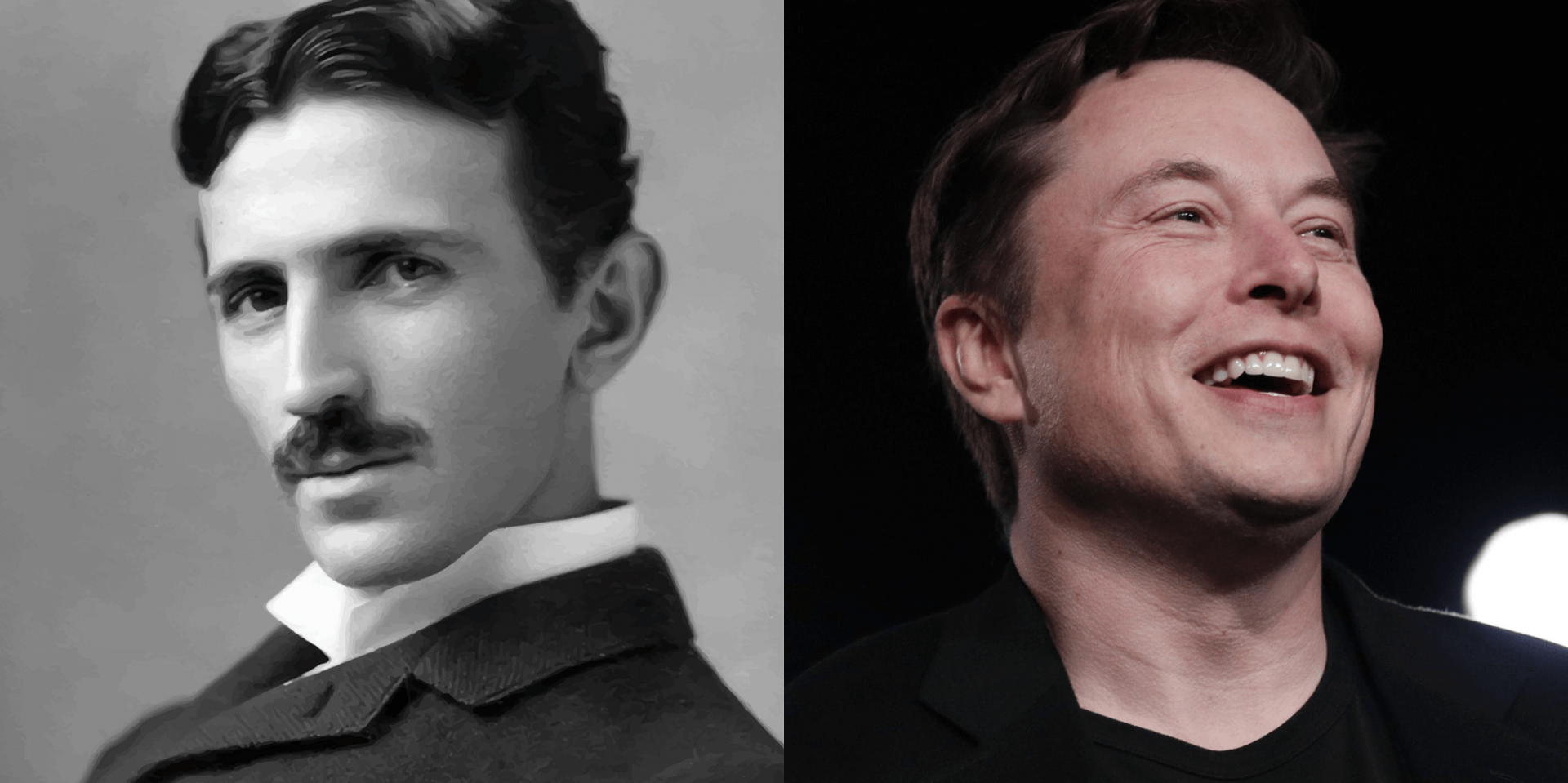Comments
- No comments found

The voices of change may be more fragile than you think.
Quick, name an innovator?
Yep, that's correct. Elon Musk commonly comes up as one of today's top innovative minds.
And we also tend to reference some of Musk's traits as a group of "must have" qualities that drive everything from job hires to accelerators. The list quickly comes to mind.
In fact, a profile from 2015 writes that Musk's first wife describes his personality as obsessive and referred to him as "The Terminator."
That list goes on and on expressing an almost "take no prisoners" attitude. It seems that we associate leadership with a certain degree of extroversion. And perhaps, we sometimes place less focus on intellect and more of chest-pounding bravado as an indicator of innovative leadership. I wonder if that really applies to innovation today. Is discovery all about that bold leader taking command of a company or idea and driving toward victory?
I'm getting ahead of myself. Let's first take a look at another innovator, Nikola Tesla. The great inventor and innovator may have been the first "geek" that the tech world has ever known. His accomplishments and predictions include AC current, wireless data transmission, the induction motor and even the radio-controlled boat. But what defined Tesla—beyond his almost mystic-like vision of science and technology—was his humanistic personality. He's been described with a host of adjectives that generally don't align with many companies today, at least in a collective sense.
John is the #1 global influencer in digital health and generally regarded as one of the top global strategic and creative thinkers in this important and expanding area. He is also one the most popular speakers around the globe presenting his vibrant and insightful perspective on the future of health innovation. His focus is on guiding companies, NGOs, and governments through the dynamics of exponential change in the health / tech marketplaces. He is also a member of the Google Health Advisory Board, pens HEALTH CRITICAL for Forbes--a top global blog on health & technology and THE DIGITAL SELF for Psychology Today—a leading blog focused on the digital transformation of humanity. He is also on the faculty of Exponential Medicine. John has an established reputation as a vocal advocate for strategic thinking and creativity. He has built his career on the “science of advertising,” a process where strategy and creativity work together for superior marketing. He has also been recognized for his ability to translate difficult medical and scientific concepts into material that can be more easily communicated to consumers, clinicians and scientists. Additionally, John has distinguished himself as a scientific thinker. Earlier in his career, John was a research associate at Harvard Medical School and has co-authored several papers with global thought-leaders in the field of cardiovascular physiology with a focus on acute myocardial infarction, ventricular arrhythmias and sudden cardiac death.
Leave your comments
Post comment as a guest